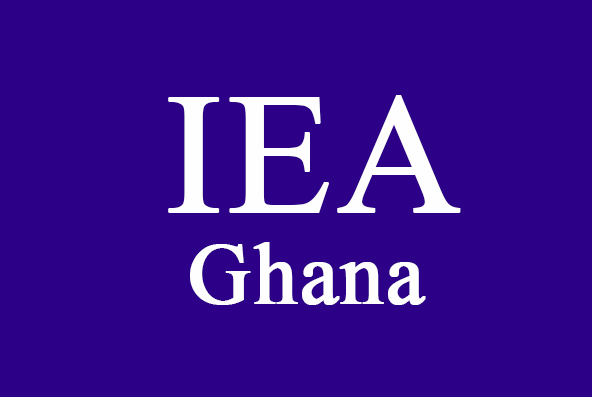The Institute of Economic Affairs (IEA) is calling for the scaling down of the number of ministers from 84 to 40.
According to its Director of Research, Dr. John Kwakye, the current number of ministers has not had any positive impact on governance, but rather burdened the taxpayer.
He, therefore, wants the 2023 budget to merge some of the ministries to ease the burden on capital expenditure.
Speaking at a pre-budget media engagement in Accra, he said the number of Ministries must be drastically reduced to 12, whilst the Sector and Regional Ministers must be cut to 40.
The 2023 Budget is expected to adopt tight budget spending.
The IEA therefore, proposed a reduction in the ceiling on the fiscal deficit from the current 5% to 3%, applicable from 2024, to foster fiscal and debt sustainability, amendment of the Fiscal Responsibility Act (FRA) to require that borrowing is used exclusively to fund CAPEX, borrowing and debt ceilings in the FRA to foster debt sustainability and the establishing of a Parliamentary Budget Office (PBO) to assist Parliament in exercising its budget oversight mandate.
Other suggestions include reviewing the mining tax regimes to increase benefits to Ghana, reduce petroleum taxes/levies to ease pump prices and indicating a plan to review and rationalise flagship programmes to make them fit-for-purpose and reduce budgetary costs.
Others are the allocation of adequate resources to capital expenditure (at least 5-7% of Gross Domestic Product in 2023) to spur growth, increase resource allocation to the important agriculture, industry, energy and infrastructure sectors to boost growth and job creation.
Furthermore, the IEA also said the financial solution must involve prudent monetary and fiscal policies that prevent destabilising demand pressures.
“To this end, fiscal and monetary policy must both be hedged within strict rules since too much discretion has been abused with serious consequences”.
These include enforcing the ceiling of 5% of previous year’s revenue on Bank of Ghana’s lending to government and reducing the ceiling on the fiduciary currency issue, that is the portion not backed by forex but backed by government debt, progressively from the current level of 60% to 20% by 2024.
This will simultaneously raise the current 40% floor for the forex cover to 80% over the period.
Latest Stories
-
Residents of Dome-Kwabenya on edge ahead of December elections
7 mins -
Moffy drops new single ‘Wo’, blending culture and modernity
20 mins -
Don’t bring soldiers to polling stations – Martin Kpebu
32 mins -
Ogyeahohuo Yaw Gyebi II retained as President of National House of Chiefs
47 mins -
Embrace ICT to fit in digital world – Ho NYA boss to youth
2 hours -
We don’t want armed soldiers at polling stations – Tanko-Computer
2 hours -
Drama as police corner armed robbers inside locked forex bureau at Lapaz
2 hours -
Nigerian-born conquers childhood hearing loss to become KNUST’s overall best graduating student
2 hours -
ECOWAS Court orders compensation for violations against New Force’s Shalimar Abbiusi
2 hours -
Dreams FC denies allegations of attempting to sign Najeeb Yakubu
3 hours -
Election 2024: ‘Right to free and fair elections non-negotiable’ – Akufo-Addo
3 hours -
Kurt Okraku took out my passport from the U23 squad that travelled to Japan – Najeeb Yakubu alleges
4 hours -
Where hope fails: Ghana’s decaying home for the destitute
4 hours -
NDC Mining Committee for 2024 campaign refutes allegations of recruiting thugs for elections
4 hours -
Traction Control: A lifesaver with an off switch? Here’s why it exists
4 hours

